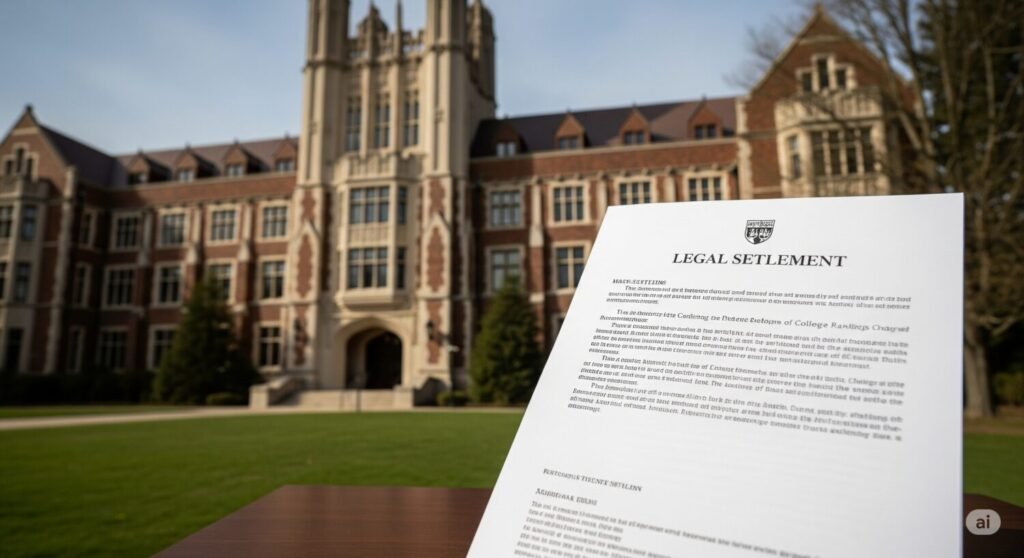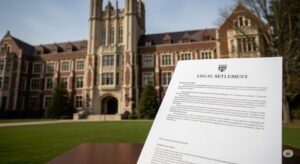Columbia University settles a $9 million lawsuit over alleged false data in college rankings. Discover the impact on students and higher education.
Higher education in the United States has long been associated with prestige, opportunity, and, for many, the elusive top spot in national rankings. These rankings, particularly those published by U.S. News & World Report, have wielded immense influence, often guiding prospective students and their families in their critical college decisions. But what happens when the data behind these coveted rankings is called into question?
The Heart of the Matter: Allegations of Inflated Data
Columbia University, a revered Ivy League institution, recently found itself at the center of a significant legal battle. The university agreed to a substantial $9 million settlement in a proposed class-action lawsuit. This lawsuit was brought forth by students who claimed Columbia submitted false data to artificially boost its standing in the U.S. News & World Report’s influential college rankings.
The core of the students’ argument was straightforward: they alleged that Columbia consistently reported inaccurate information, including claims that a high percentage of its classes had fewer than 20 students. For instance, the university had stated that 83% of its classes met this criterion for the 2022 rankings, a figure that was later disputed. These alleged misrepresentations, students argued, were a significant factor in their decision to enroll and, consequently, led them to pay what they believed was inflated tuition based on a misleading perception of the university’s quality and standing.
The Ripple Effect: From Ranking High to Dropping Out
The legal proceedings began in July 2022, following a critical report published by Columbia math professor Michael Thaddeus. His findings suggested that the data underpinning Columbia’s impressive No. 2 ranking were either inaccurate or misleading. The fallout was swift and dramatic. By September of that same year, Columbia’s ranking plummeted to No. 18.
This incident sparked a broader conversation within academia about the integrity and impact of college rankings. In June 2023, Columbia announced its decision to cease participating in U.S. News’ undergraduate rankings altogether. The university stated that these rankings seemed to have an “outsized influence” on prospective students, and that “much is lost” when trying to distill the complex quality of an education into a series of data points. This move by Columbia was not isolated; other prominent universities, including Harvard and Yale, also opted to stop submitting data to U.S. News for various schools, signaling a growing discontent with the ranking system.
Who Benefits from the Settlement?
The $9 million settlement is intended to compensate approximately 22,000 undergraduate students who attended Columbia from the fall of 2016 through the spring of 2022. While the university denied any wrongdoing in agreeing to the settlement, the accord, which still requires a judge’s approval, was deemed fair and reasonable by the students’ legal representatives.
After legal fees, which lawyers for the students plan to seek up to one-third of the settlement for, roughly $6 million will be distributed among the affected students. This case, known as In re Columbia College Rankings Action, highlights the increasing scrutiny on the transparency and accountability of institutions in the competitive landscape of higher education. It serves as a reminder that the pursuit of prestige must be balanced with accuracy and ethical conduct, especially when it impacts the educational and financial decisions of thousands of students.












